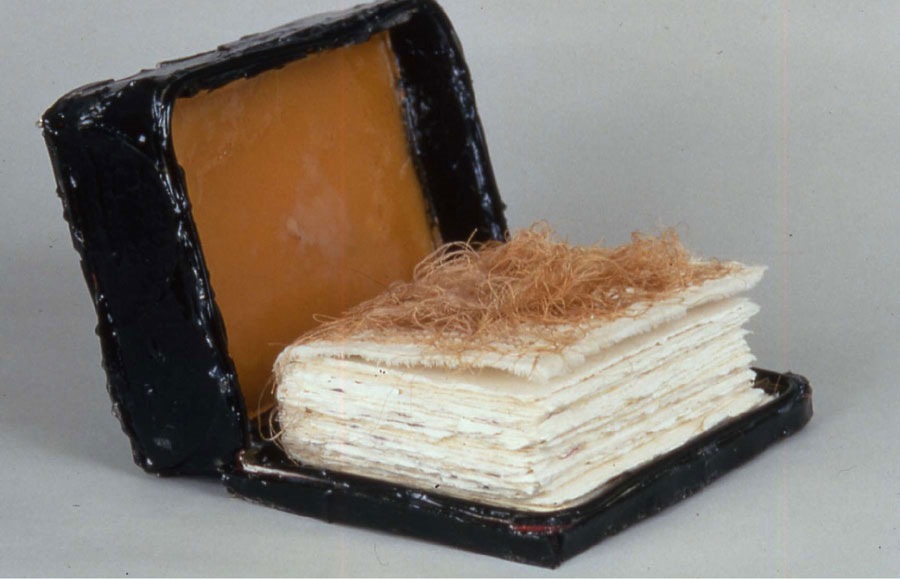
Just where did the name Jillett originate? The researchers of the Jillett Family Tree concluded that if your name was spelt Jillett, and you originated from Australia, then you were most certainly related to the original Robert Jillett
But, there was another Thomas Jillett the son of Edward Jillett born around 1839, living in Australia in 1925.
This Thomas Jillett was born in Sheffield England, and had lived in New South Wales for 45 years. He married Mary Welsh in Glasgow Scotland, in 1860 when he was 21 years of age.
He was buried at the Presbyterian Cemetery in Inverell, on 12th January, 1925. His death registration is 1925/004151. However, this Thomas Jillett had no children. He and his wife possibly arrived in Sydney in 1877.
Searching the available records through Ancestry.com, reveals many families with the name
Gillett, although there are very few entries showing the name Jillett!
A search of the internet for the Jillett Coat of Arms reveals"
This surname JILLETT was a baptismal name the son of William which is the English form of the name Guillotus from whence the name originally was derived. The name was brought into England in the wake of the Norman Invasion of 1066 and within a very short period it became the most popular given name in England, mainly, no doubt in honour of the Conqueror himself. The given name has also enjoyed considerable popularity in Germany as Wilhelm, in France and in Spain as Guillermo Many of the early names recorded in medieval documents denote noble families but many also indicate migration from the continent in the wake of the Norman invasion of 1066.
There was a constant stream of merchants, workmen and others arriving in England during this time. In 1086 the Record of Great Inquisition of lands of England, their extent, value, ownership and liabilities was made by order of William The Conqueror. It is known as the Domesday Book.The name was also a locational name dweller at the head of the glen .
Local names usually denoted where a man held his land, and where he actually lived. Early records of the name mention Wiotus Guillotus of the County of Berkshire in 1175. John Gillote of Canterbury, County Kent in 1279. John Gillote of the County of Cambridgeshire was recorded in the year 1279 and John Gilote of the County of Kent in 1324. Guillet des Robes was documented during the reign of Edward III (1327-1377) and Gelot Webester of Yorkshire was listed in the Yorkshire Poll Tax of 1379.
The name has many variant spellings. In many parts of central and western Europe, hereditary surnames began to become fixed at around the 12th century, and have developed and changed slowly over the years. As society became more complex, and such matters as the management of tenure, and in particular the collection of taxes were delegated to special functionaries, it became imperative to distinguish a more complex system of nomenclature to differentiate one individual from another.
A notable member of the name was Jospeh Gillott (1799-1873) the English inventor, born in Sheffield. He shares with Sir Josiah Mason, the credit for having perfected the manufacture of steel pen-nibs.


